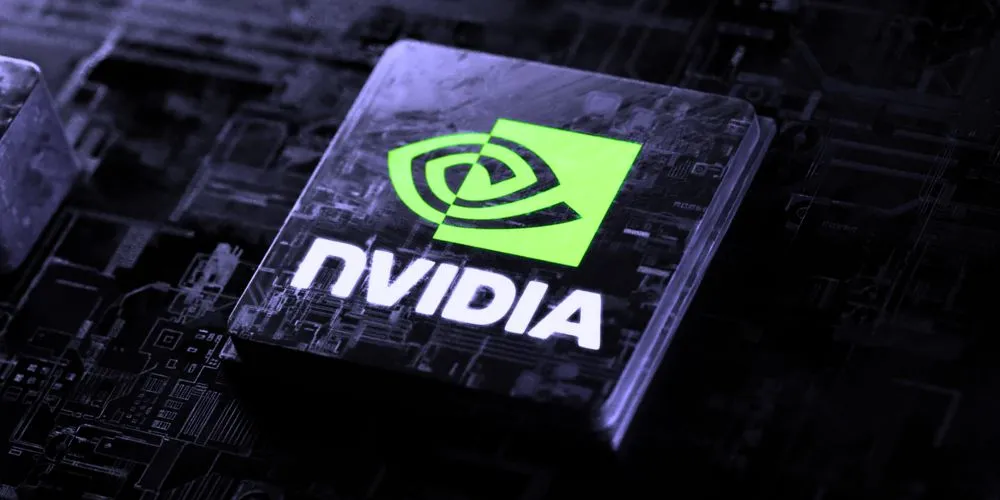Key Points
- EU regulators are investigating Nvidia’s $700 million Run:ai acquisition for potential anti-competitive practices.
- Nvidia’s alleged bundling of GPU software and hardware with discounts is under scrutiny. The company holds an 84% market share in GPUs.
- The EU Commission is examining the potential effects of Nvidia operating Run:ai as an open-source platform.
- The preliminary review deadline for the investigation is December 20, with possible regulatory hurdles ahead.
European Union antitrust regulators are investigating whether Nvidia has offered discounts to customers who purchase its GPU software products alongside its hardware. This inquiry forms part of their ongoing scrutiny of Nvidia’s $700 million bid to acquire Run:ai, a company specializing in AI workload orchestration.
A questionnaire distributed to Nvidia customers reveals the EU watchdog’s focus on potential bundling practices that could reinforce Nvidia’s dominant position in the GPU market. Nvidia currently holds an 84% market share in GPUs, significantly outpacing competitors Intel and AMD. GPUs, known for their ability to efficiently process tasks by breaking them into smaller components, are crucial for various industries, including data centers, gaming, and cryptocurrency mining.
The European Commission, tasked with enforcing competition rules within the EU, has raised concerns that the Nvidia-Run:ai deal could harm competition in shared markets. The preliminary review deadline is set for December 20. The Commission’s questionnaire specifically asks whether combining GPU orchestration software with hardware gives Nvidia a competitive advantage. It also inquires if customers have been required or incentivized—such as through discounts—to purchase software and hardware bundles.
Respondents were further questioned about how their businesses might be affected if Nvidia chose to operate Run:ai as an open-source platform. Open-source models, allowing developers to access and modify software freely, could ease competition concerns by mitigating Nvidia’s control over the software market.
This investigation underscores regulators’ intent to scrutinize practices that could stifle competition in critical technology sectors. Nvidia’s GPUs are pivotal in fields such as artificial intelligence and cloud computing, and acquiring Run:ai is a strategic move to consolidate its market leadership. However, the EU’s questions suggest that bundling strategies could limit business choices, potentially disadvantaging rivals and customers.
The outcome of this investigation could have significant implications for Nvidia’s acquisition plans and broader competition in the GPU and AI orchestration software markets. If Nvidia cannot address the EU’s concerns, it may face additional regulatory hurdles or be required to make concessions to complete the deal.




